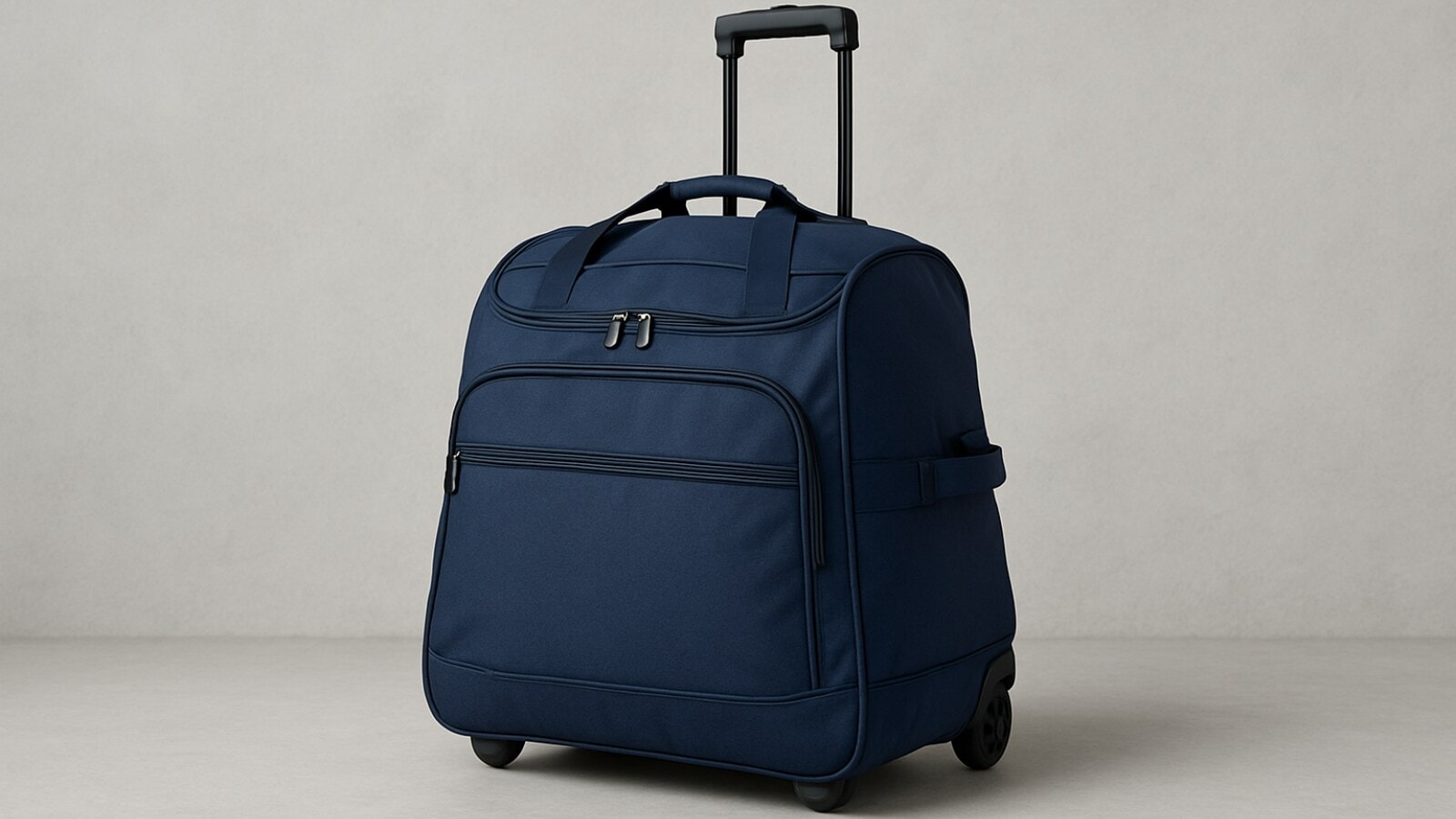Whenever you fly domestically or internationally, you must abide by the airline’s baggage policies. Some airlines only allow 7 kg of cabin baggage, and there are also restrictions on check-in baggage. But what if you abide by these restrictions, stay under the 15 kg limit for check-in baggage with airlines like IndiGo, and yet have to pay a whopping ₹11,900 for exceeding the limit?

This is precisely what a man, Ratan Dhillon, has alleged happened while he was boarding IndiGo flight 6E724 from Goa to Chandigarh. He claimed that the weighing scales at the airport were inconsistent: one showed his bag as 18 kg, another as 16 kg, and a third as 15 kg, which is under the permissible check-in baggage limit with IndiGo.
Man Claims He Had Pre-Weighed His Bag
According to X post, the man ultimately had to pay ₹11,900 for excess baggage. This was despite pointing out this discrepancy, an IndiGo staff member reportedly dismissed his concern, stating, “Sir, the 15 kg machine must be wrong; 18 kg is the correct weight.”
Dhillon, who insisted he had pre-weighed his bag, accused the airline of inflating its scale readings by 2-3 kg, labelling the incident “daylight robbery.”
Note: These claims are unverified, but the incident highlights a common travel concern. Fortunately, passengers can use simple tricks to check if airport weighing scales are accurate and avoid similar disputes. Read on to know.
How To Verify If Airport Weight Belt Is Working Correctly And Top Tricks To Manage Your Weight Before Flights
The trick involves placing a full one-litre water bottle on the weighing scales. A one-litre bottle of mineral water like Bisleri (plastic pet bottle) weighs almost exactly 1 kg, so if the weight is displayed correctly, the scales are likely accurate, and you can then trust them with the weight of your bag.
Bonus Tricks (May Not Help With Checking Accuracy)
If you have weighing scales at home but are unsure of your bag’s weight because it is too large for the scales to record it accurately, there is a simple solution. First, weigh yourself while holding the bag, and then weigh yourself again without it. The difference between these two measurements will be the accurate weight of your bag. Using this method, you can ensure that you are within the airline’s weight limits and avoid paying extra fees at the check-in counter.
Alternatively, you could purchase a portable luggage scale. This can help you prove that your bag is well within the weight limit should a dispute arise. Such a device is also useful during your travels, particularly internationally, if you are unsure whether you might exceed the cabin or check-in baggage limits, saving your hard-earned money.
MOBILE FINDER: iPhone 16 LATEST Price























